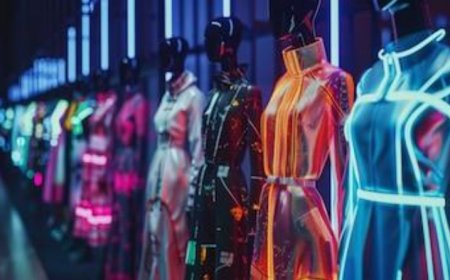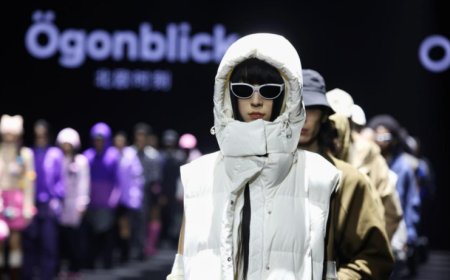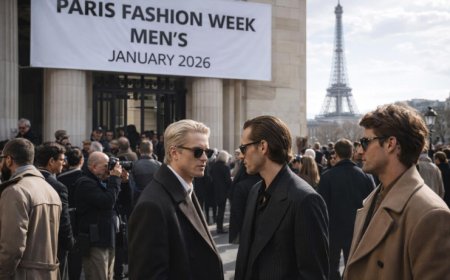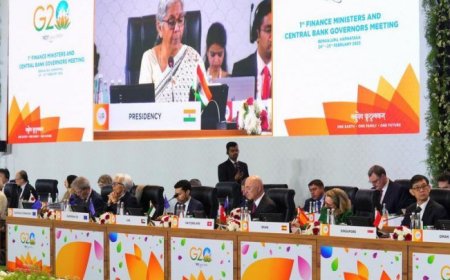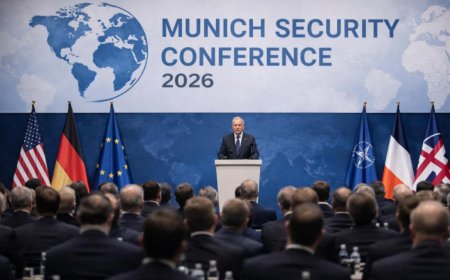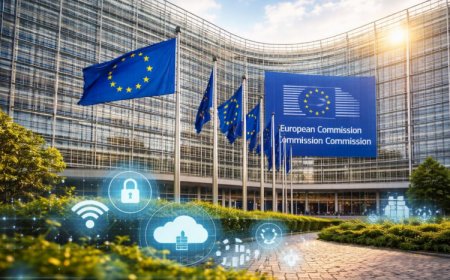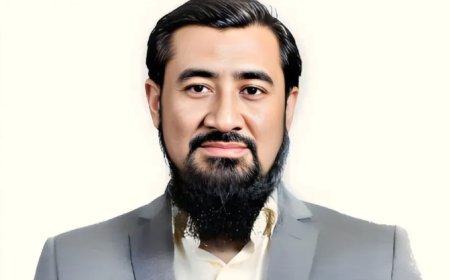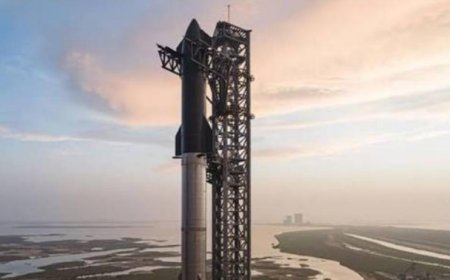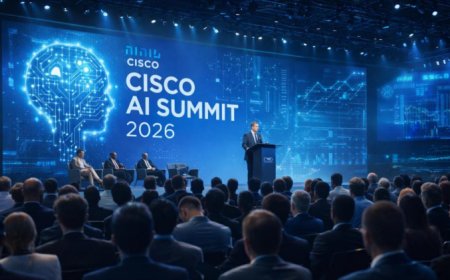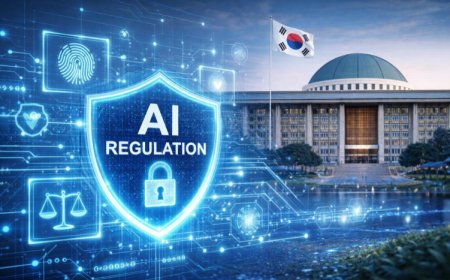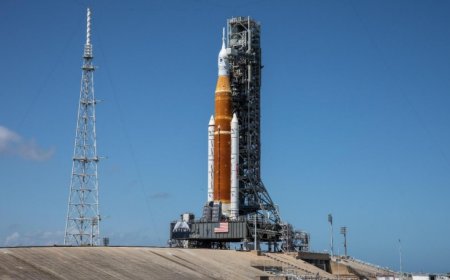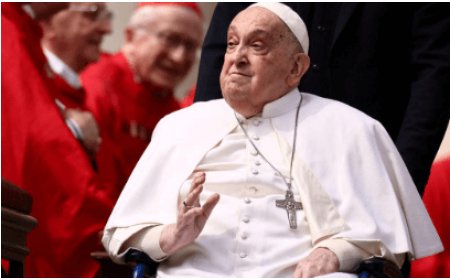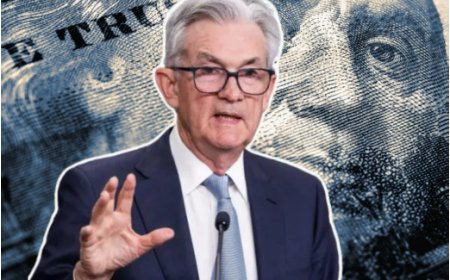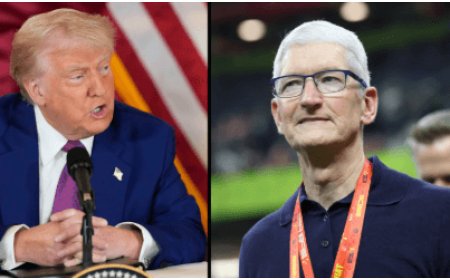Elon Musk, Mark Zuckerberg, Jeff Bezos to Join Donald Trump’s Monumental Inauguration
Elon Musk, Mark Zuckerberg, Jeff Bezos to Join Donald Trump’s Monumental Inauguration

Elon Musk, Mark Zuckerberg, Jeff Bezos to Attend Donald Trump's Inauguration, Sit Together: Report
The upcoming inauguration of Donald Trump has taken an unexpected turn, grabbing headlines worldwide with reports suggesting that tech titans Elon Musk, Mark Zuckerberg, and Jeff Bezos will not only attend the high-profile event but also sit together. This revelation has sparked intense public interest and speculation, as the three billionaires represent vastly different visions for the future and have had their share of public disagreements and rivalries in the past.
The inauguration, a landmark political event, traditionally attracts dignitaries, politicians, and influential figures from various sectors. However, the inclusion of these three technology moguls, who are often considered powerhouses of innovation, commerce, and culture, has added a layer of intrigue. Their presence signals the growing influence of technology on global politics and the interconnection between government and private enterprise in shaping the future of humanity.
Elon Musk, the enigmatic CEO of Tesla and SpaceX, has been a vocal figure on social and technological issues. His ventures in electric vehicles, space exploration, and renewable energy have positioned him as a leader in industries critical to the global future. Musk's often unfiltered commentary on social media and his ability to capture the public's imagination with ambitious projects make him one of the most discussed figures in the world. His decision to attend Trump’s inauguration could signal an effort to engage more closely with political leaders, perhaps to advance his vision for sustainable energy and interplanetary exploration.
Mark Zuckerberg, the co-founder of Facebook, now Meta, represents the bridge between technology and human connection. Having faced significant scrutiny in recent years over issues such as data privacy, misinformation, and the role of social media in politics, Zuckerberg’s presence at the inauguration may suggest a desire to rebuild trust and demonstrate a willingness to work collaboratively with the government. His company has been at the forefront of discussions about the metaverse, artificial intelligence, and content regulation, all areas that intersect heavily with political decision-making.
Jeff Bezos, the founder of Amazon and Blue Origin, is another key player in this mix. Known for revolutionizing e-commerce and logistics, Bezos has also turned his focus toward space exploration through Blue Origin. His interests overlap with Musk’s in the quest for humanity’s presence beyond Earth. Bezos has also been an outspoken critic of political figures, including Trump in the past. His decision to attend the inauguration is surprising to many observers, as it may suggest a potential shift in his approach to engaging with political figures. His presence could signal a recognition of the need for dialogue and cooperation in areas such as antitrust policies, taxation, and space exploration.
The decision for the three to sit together has naturally sparked significant speculation about what their joint appearance might symbolize. Some interpret it as a signal of unity or a shared willingness to engage in dialogue despite their differences. Others see it as a strategic move to showcase the power of the technology sector in an increasingly digital and interconnected world. The seating arrangement has prompted discussions about potential collaborations, shared goals, or even underlying tensions that might emerge during such a high-profile event.
Critics, however, are raising questions about the optics of such an appearance. Given the often-contentious relationship between tech giants and regulatory bodies, some view the seating arrangement as a tacit endorsement of Trump’s administration by three of the most influential figures in technology. Others argue that it could be an opportunity for these leaders to advocate for their visions directly to the incoming administration, potentially influencing policies on topics like antitrust legislation, climate change, and space exploration.
Political analysts are divided on the implications of this development. Some see it as a calculated move by Trump’s team to showcase a vision of cooperation between government and private enterprise. By highlighting the attendance of Elon Musk, Zuckerberg, and Bezos, the administration might aim to signal a commitment to innovation and economic growth. On the other hand, skeptics argue that the event risks being perceived as an endorsement of corporate influence over politics, an issue that has long been a contentious topic in public discourse.
The relationship between Trump and these tech leaders has historically been complex. During Trump’s first term, there were instances of collaboration, such as Elon Musk involvement in advisory councils and Bezos’ Amazon Web Services working with the government on various initiatives. However, there were also periods of tension, particularly over issues like antitrust scrutiny, the handling of misinformation on social media platforms, and personal attacks between Trump and Bezos. The inauguration could provide a chance to reset these relationships or deepen existing divides.
Public reaction to the report has been mixed. Supporters of Trump see the attendance of Elon Musk, Zuckerberg, and Bezos as a validation of his administration’s priorities and influence. They argue that their presence reflects a recognition of Trump’s potential to shape policies that will impact technology and business. Critics, however, view the event as a concerning blend of politics and corporate power, with some fearing it might lead to policy decisions that favor big tech at the expense of smaller competitors and the general public.
The global audience is watching closely to see what this gathering will signify. In an era where technology drives much of the world’s economic, social, and political change, the actions and words of Elon Musk, Zuckerberg, and Bezos carry significant weight. Their presence at such a politically charged event will likely spark debates about the role of private enterprise in shaping public policy and the balance of power between governments and corporations.
Regardless of their intentions, the sight of Elon Musk, Zuckerberg, and Bezos sitting together at Trump’s inauguration is bound to become one of the defining images of the event. It underscores the increasingly blurred lines between technology, politics, and culture in a world where the actions of a few individuals can have far-reaching consequences for millions.






